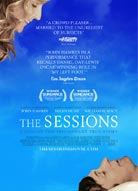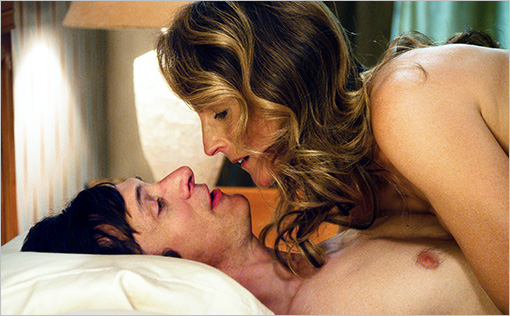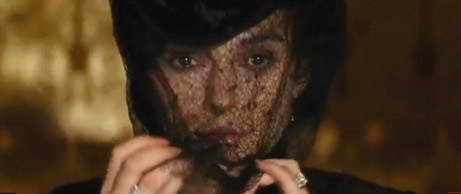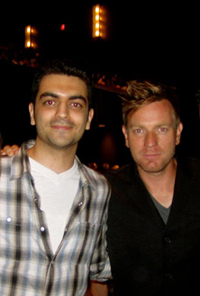Nathaniel's No Fly Zone
 Thursday, September 13, 2012 at 8:54AM
Thursday, September 13, 2012 at 8:54AM Are you rushing to plan an international jaunt days before said jaunt? I can't recommend!
Last week I realized that TIFF was upon us and realizing that I hadn't at all planned for it (the summer was bumpy) - no accreditation requests, no tickets, nothing, I attempted to course correct. I thought I'd pop up to Toronto for the last four days of the festival and scrambled: line up premiere invites, find lodging, buy new premiere outfit, order first pair of glasses ever (for long nights staring at my laptop). I closed my eyes tight-shut and hit "purchase" on the expenses as my card buckled in protest. Then Tuesday evening whilst packing, I realized that my passport had vanished. When was the last time I'd used it? Iceland??? Seven hours later my apartment, looking like Dorothy had just been violently whisked off to Oz, still refused to give the sacret document up. I brought every document of my existence with me to the airport last night (expired passport, birth certificate, you name it) and was unceremoniously turned away. I was offered the option of driving with one caveat -- Canada would let me in with my current documents but the US would not let me back in.
 The worst part of the whole experience? The Boyfriend said "You're like Nasseri in Charles de Gaulle". And just when I had managed to forget all about the existence of Steven Spielberg's woeful The Terminal, too! Argh!!! and thanks a lot.
The worst part of the whole experience? The Boyfriend said "You're like Nasseri in Charles de Gaulle". And just when I had managed to forget all about the existence of Steven Spielberg's woeful The Terminal, too! Argh!!! and thanks a lot.
The bright side? (Always make lemonade, people.) The airline and the hotel did not rob me blind on cancellation fees but merely pickpocketed. Amir is still there to cover the fest. And now that I'm not in Toronto there's time to catch up on posting, hit some screenings right here, share my Lizzy Caplan interview, and tell you the story of how I met Kristen Stewart and Gabby Sidibe. Stay tuned! Yes, Fall Film Season, and Starry Oscar Campaign Trails are already upon us. I'm thrilled despite being grounded for the forseeable future.
May your September travels be smoother!
 Canada,
Canada,  TIFF,
TIFF,  The Terminal,
The Terminal,  film festivals
film festivals 








